Homeopathic medicine for asthma is a type of alternative treatment that follows the maxim that "like cures like." It involves using highly diluted substances to stimulate the body's self-healing mechanisms. Homeopathy for asthma is constantly proving its efficacy in successfully curing many patients nationally and worldwide.
Mild asthma symptoms, a chronic respiratory disorder marked by inflammation and airway constriction, include wheezing, coughing, and shortness of breath. Primary asthma treatment involves using anti-inflammatory medications that focus on managing and controlling symptoms.
Systematic reviews and meta-analyses of studies examining homeopathic treatments for asthma have consistently shown that the available evidence is of good quality and does support the use of homeopathy as a primary treatment for asthma.
But it is crucial to consult with allergy and asthma specialists, such as pulmonologists or allergists, who specialize in asthma management. They can provide appropriate guidance and recommend treatment options that have been proven effective through rigorous scientific research. Remember that untreated or poorly managed asthma can result in serious problems, so it's crucial to get the right medical attention.
While home remedies for asthma cannot replace medical treatment for asthma, they may provide additional support in managing allergic asthma symptoms. The following few home remedies for asthama may help:-
Breathing exercises: Practices like deep breathing exercises, pursed lip breathing, and diaphragmatic breathing can help improve lung function and reduce symptoms. These exercises may help with relaxation and better control of breathing during an asthma attack.
Steam inhalation: Inhaling warm and moist air from a bowl of hot water or a steamy shower can help open up the airways and relieve congestion.
Ginger: Ginger has natural anti-inflammatory properties and may help reduce airway inflammation. You can consume ginger tea, chew on raw ginger, or add ginger to your meals for its potential benefits.
Honey: It soothes coughs and throat irritation. It may provide some relief for asthma symptoms as well. Warm water or herbal tea with a teaspoon of honey should be consumed slowly.
Omega-3 fatty acids: Foods such as fatty fish (salmon, mackerel), flaxseeds, and chia seeds, may help reduce airway inflammation. Including these foods in your diet may have a positive impact on asthma symptoms.
Remain hydrated: Drinking plenty of water helps keep the airways moist and can help thin mucus secretions, making it easier to breathe.
Maintain a clean environment: Keep your living space clean and free from dust, allergens, and pet dander. Regularly vacuum, dust surfaces, and wash bedding to minimise potential triggers.
Remember, these home remedies should not replace prescribed medications or medical advice. For a precise diagnosis and efficient treatment plan, you should speak with an asthma doctor specialising in providing asthma treatment.
The following are a few causes of asthma:-
Genetic predisposition: Asthma tends to run in families, suggesting a genetic component.
Allergens: Exposure to certain allergens can trigger allergic asthma symptoms in susceptible individuals. Common allergens include pollen, dust mites, pet dander, mold spores, and certain foods.
Environmental factors: Various environmental factors can contribute to the development or worsening of severe asthma symptoms. These include exposure to tobacco smoke (both active and passive smoking), air pollution, chemical irritants, and occupational hazards such as dust, fumes, and chemicals.
Respiratory infections: Certain respiratory infections, particularly viral infections, can trigger asthma attack symptoms or acute exacerbation of asthma.
Respiratory irritants: Irritants such as strong odours, perfumes, smoke, and chemical fumes can irritate the airways and lead to asthma symptoms.
Hormonal factors: Factors such as those that occur during pregnancy or puberty can influence asthma symptoms. Some women may experience asthma symptoms that are related to their menstrual cycle.
It's important to note that triggers and causes can vary among individuals, and not everyone will have the same triggers. Understanding and avoiding triggers, along with appropriate medical management, can help individuals with asthma lead healthy and well-controlled lives.
Homeopathic treatment for asthma often includes taking drugs and changing one's lifestyle. The purpose of treatment is to enhance overall lung function, manage symptoms, and lessen the frequency and intensity of asthma attacks. To create a personalised treatment plan, it's crucial to engage closely with a medical specialist, typically a pulmonologist or allergist.
.png)
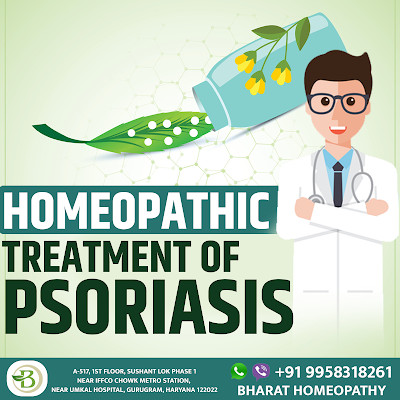
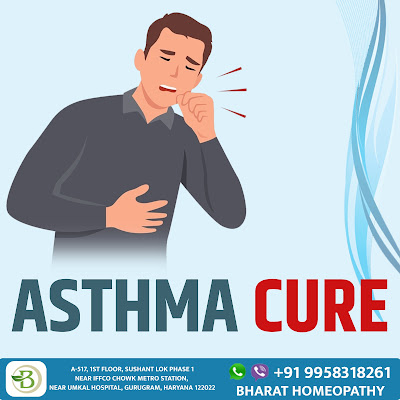
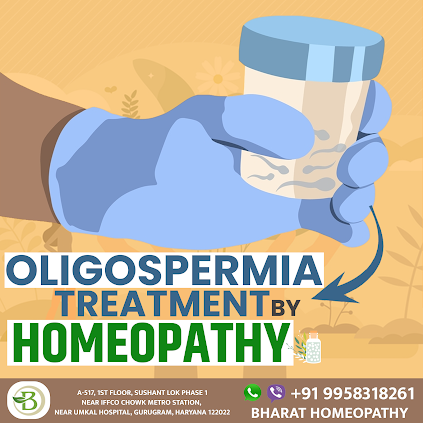
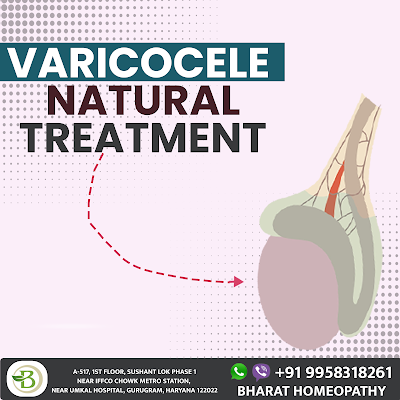
.jpg)
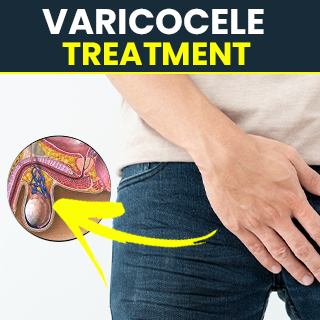

.png)